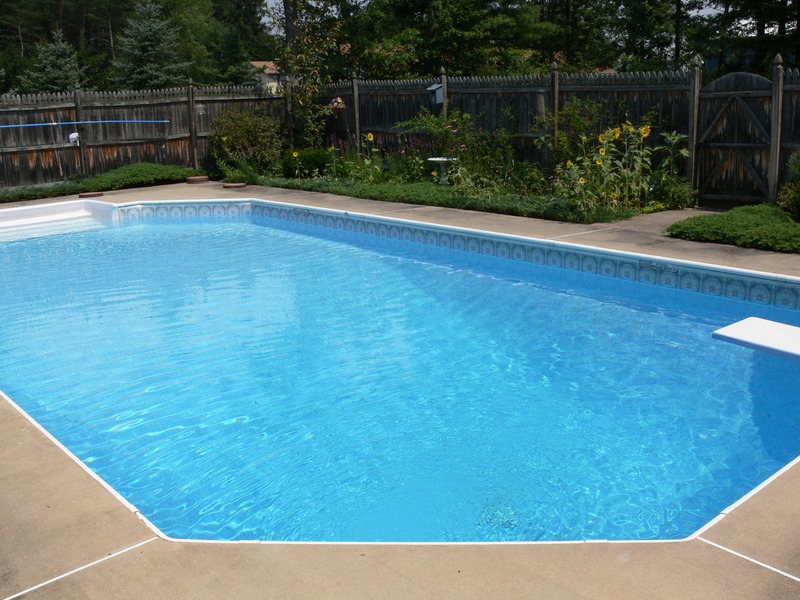In Heating, Ventilation, and Air Conditioning (HVAC) systems, understanding which systems qualify for energy rebates can significantly affect your decision-making process. With growing concerns over energy conservation and reducing carbon footprints, many governments and private entities offer enticing rebates to encourage homeowners and businesses to choose more energy-efficient HVAC solutions.
This article will discuss the types of HVAC systems frequently eligible for these financial incentives, including crucial tips on securing these rebates for yourself.
Understanding Energy Rebates
Before diving into the specific HVAC systems that qualify for rebates, clearly understand what energy rebates are essential. In essence, energy rebates are incentives provided by government bodies, utility companies, and sometimes, manufacturers to encourage purchasing and installing energy-efficient appliances and systems. These rebates can come in various forms, including direct discounts, tax credits, or refunds after purchase.
Eligible HVAC Systems for Energy Rebates
The eligibility for energy rebates largely depends on the HVAC system’s energy efficiency and environmental impact. Here’s a breakdown of systems that often qualify:
1. High-Efficiency Heat Pumps
Heat pumps with superior energy efficiency are prime contenders for energy rebates due to their exceptional method of providing both heating and cooling. Instead of producing heat by burning fuel, these systems utilize innovative technology to transfer heat, substantially reducing energy consumption and making them a more sustainable and cost-effective option for temperature regulation in homes and businesses.
2. Geothermal Heat Pumps
Ground-source heat pumps, also recognized for their use of the earth or nearby water bodies’ consistent temperatures, offer an efficient approach to climate control. Their operation, markedly cheaper and less damaging to the environment than traditional systems, often makes them eligible for financial incentives through rebates, promoting their adoption and highlighting their sustainability benefits.
3. Ductless Mini-Split Systems
Ductless heat pump systems, particularly those with high SEER (Seasonal Energy Efficiency Ratio) ratings, are often eligible for rebates. These systems avoid the energy losses associated with ductwork, making them more efficient than traditional systems.
4. Smart Thermostats
Though not standalone HVAC systems, smart thermostats enhance HVAC efficiency. They optimize energy use and performance by intelligently adjusting heating and cooling settings based on real-time needs. This advanced capability to conserve energy without sacrificing comfort reduces utility bills and qualifies these devices for rebate programs, encouraging widespread adoption.
5. Solar HVAC Systems
HVAC systems integrating solar energy via panels or solar-powered parts stand out for sustainability, promising substantial reductions in electricity costs. This eco-friendly approach to heating and cooling harnesses renewable energy, dramatically lowering operational expenses and carbon footprints. As a result, these systems frequently become eligible for significant rebates, incentivizing their adoption and contributing to environmental conservation efforts.
Finding and Applying for HVAC Rebates
Securing rebates requires some research and effort. Here are steps to guide you:
-
Research Local Rebates: Start by checking the websites of local utility companies, government energy departments, and environmental agencies for available rebates.
-
Understand the Requirements: Each rebate program has specific requirements, including energy efficiency ratings and proof of installation by a certified professional.
-
Purchase Qualifying Systems: Select an HVAC system that meets or exceeds the rebate criteria.
-
Keep Accurate Records: Maintain all receipts, Energy Star labels, and installation documents, as you’ll need these for your rebate application.
-
Submit Your Application: Follow the application process as outlined by the rebate program, ensuring all documentation is accurate and submitted within the deadlines.
Maximizing Your Investment in HVAC
Aside from choosing systems eligible for rebates, consider the long-term benefits of your investment. Energy-efficient HVAC systems often come with higher upfront costs but result in considerable savings in energy bills over time. Additionally, these systems contribute to a healthier environment by reducing greenhouse gas emissions and dependence on fossil fuels.
When considering installing a new HVAC system, partnering with a reputable and experienced HVAC company Nova Scotia can significantly impact the success of your project. Such companies provide expert installation services, guide you through selecting the most energy-efficient system for your needs, and assist with the rebate application.
Exploring Heat Pump Rebates
For residents of Nova Scotia, exploring heat pump rebates Nova Scotia can lead to substantial savings when installing a new heat pump. These rebates are designed to encourage the adoption of this energy-efficient technology, helping homeowners reduce their energy bills and environmental impact.
Key Takeaways
Navigating the world of HVAC systems and energy rebates can initially seem daunting. However, understanding the types of systems that typically qualify for rebates and the steps to secure these rebates can make a significant difference in your investment. By choosing energy-efficient systems like high-efficiency heat pumps, ductless mini-splits, and solar HVAC solutions, you can enjoy savings through rebates and contribute to a more sustainable future. Remember, partnering with professionals, like an experienced HVAC company in Nova Scotia, can provide valuable guidance and ensure you maximize your benefits from these initiatives.





